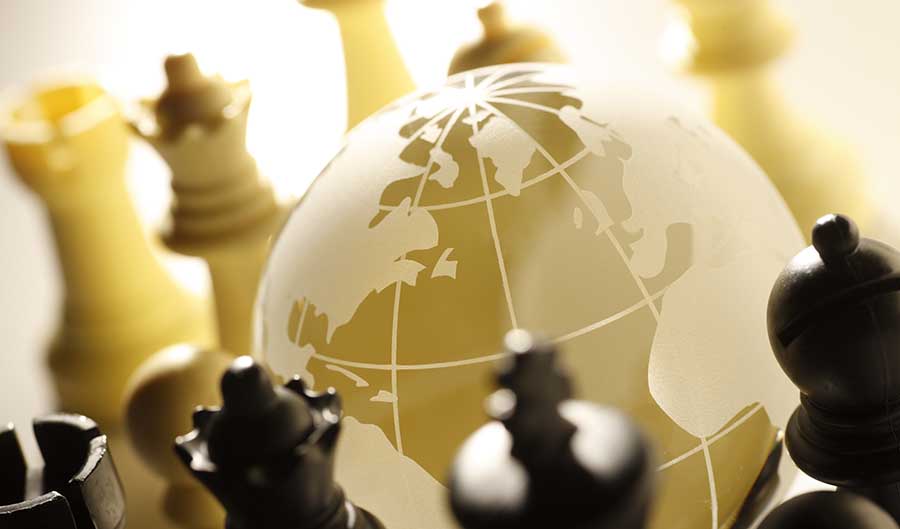
Wang Youming, Senior Research Fellow of BRICS Economic Think Tank, Tsinghua University
Jan 05, 2026
China’s Global Governance Initiative contains some clear structural and cognitive differences compared with the West. Global governance has entered a post-Western era and requires the building of a new governance regime that features consultation and sharing.
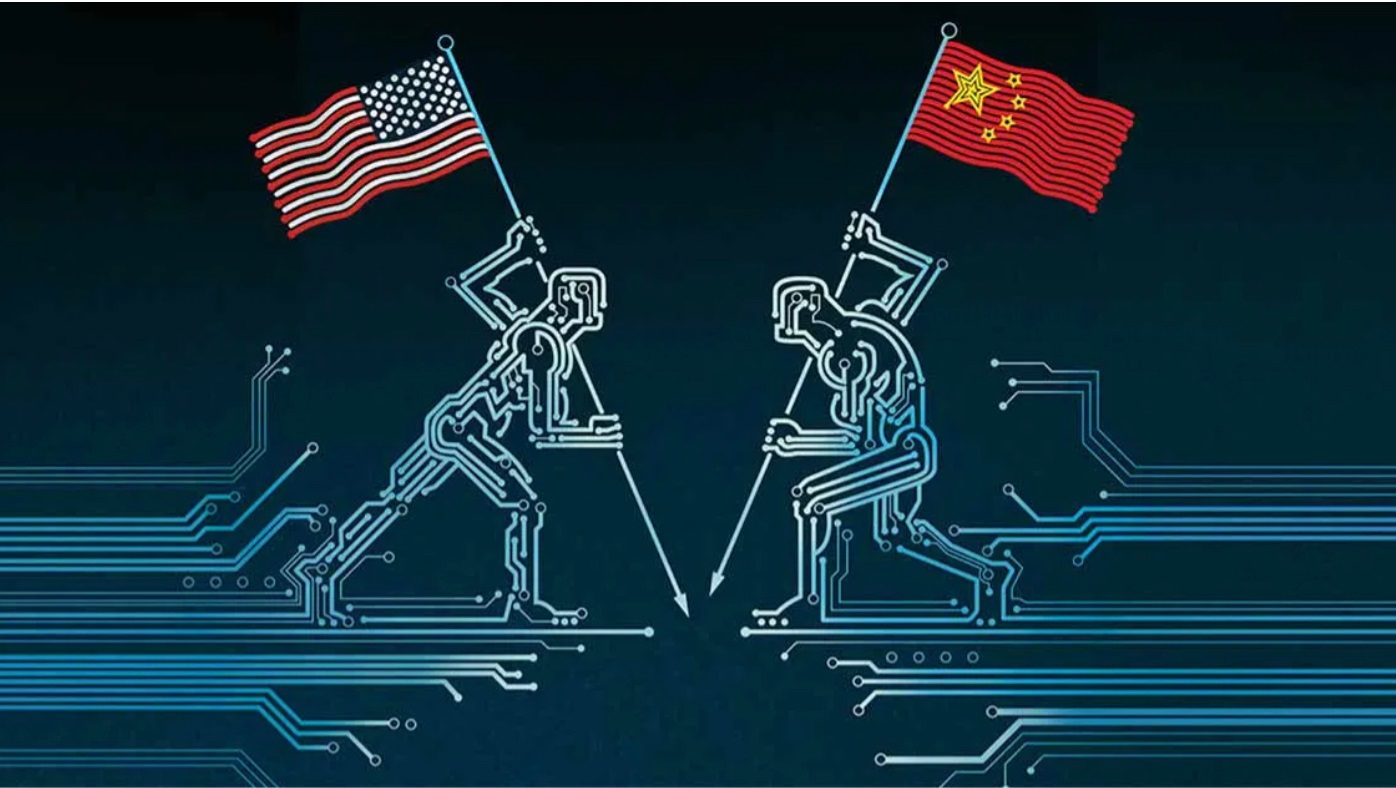
Nancy Qian, Professor of Economics at Northwestern University, Founding Director of China Econ Lab
Dec 09, 2025
As geopolitical tensions rise, competition for the cutting-edge science and talent that underpins advanced technology has heated up. The United States, China, and other major powers now regard leadership in areas like AI, semiconductors, quantum technologies, and biotechnology as central to military capability, economic security, and ideological influence.

Sebastian Contin Trillo-Figueroa, Geopolitics Analyst in EU-Asia Relations and AsiaGlobal Fellow, The University of Hong Kong
Dec 08, 2025
In the near future, the supposed “multipolar” world has been deferred, giving way instead to “orbital bipolarity”—a system in which global politics and industry are pulled into competing gravitational fields centered on the United States and China. Multilateralism has become inert, and every other power now orbits these two anchors while maintaining the fiction of choice and autonomy.
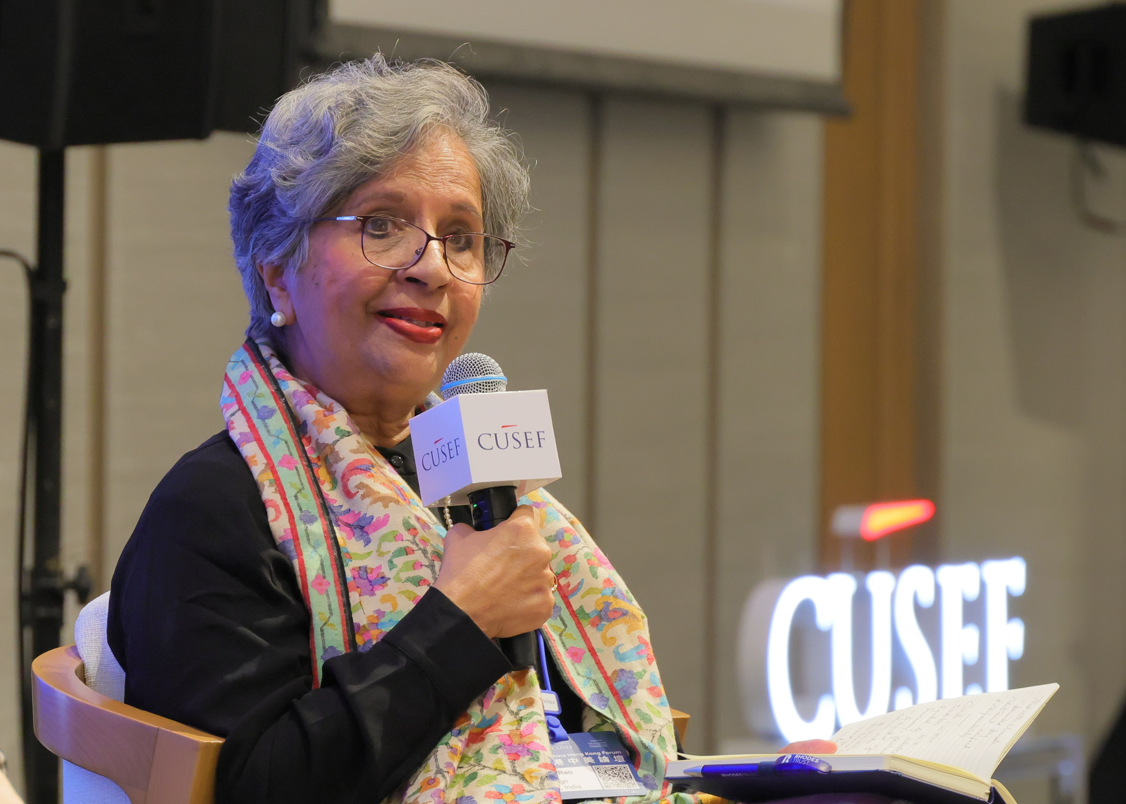
Nirupama Rao, 28th Foreign Secretary, India; former Ambassador of India to China and the United States
Nov 28, 2025
In the tense relationship between the United States and China, Hong Kong emerges as a middle space — a vantage point from which to imagine a way forward. The city’s unique position offers a metaphorical middle ground for dialogue, emphasising the need for new frameworks to navigate today’s complex rivalries.
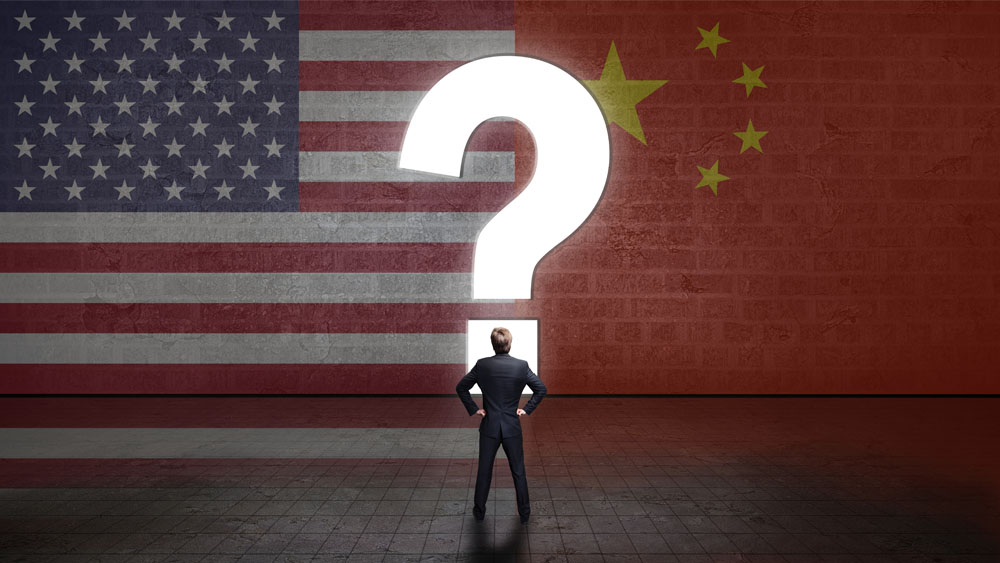
Zeno Leoni, Lecturer in the Defence Studies Department, Affiliate of the Lau China Institute
Nov 03, 2025
China’s grand strategy is defined by a deliberate balance between integration into the global economic system and resistance to its Western-led constraints. It employs strategic ambiguity and selective engagement to expand influence, preserve flexibility, and avoid confrontation that could jeopardize its modernization.
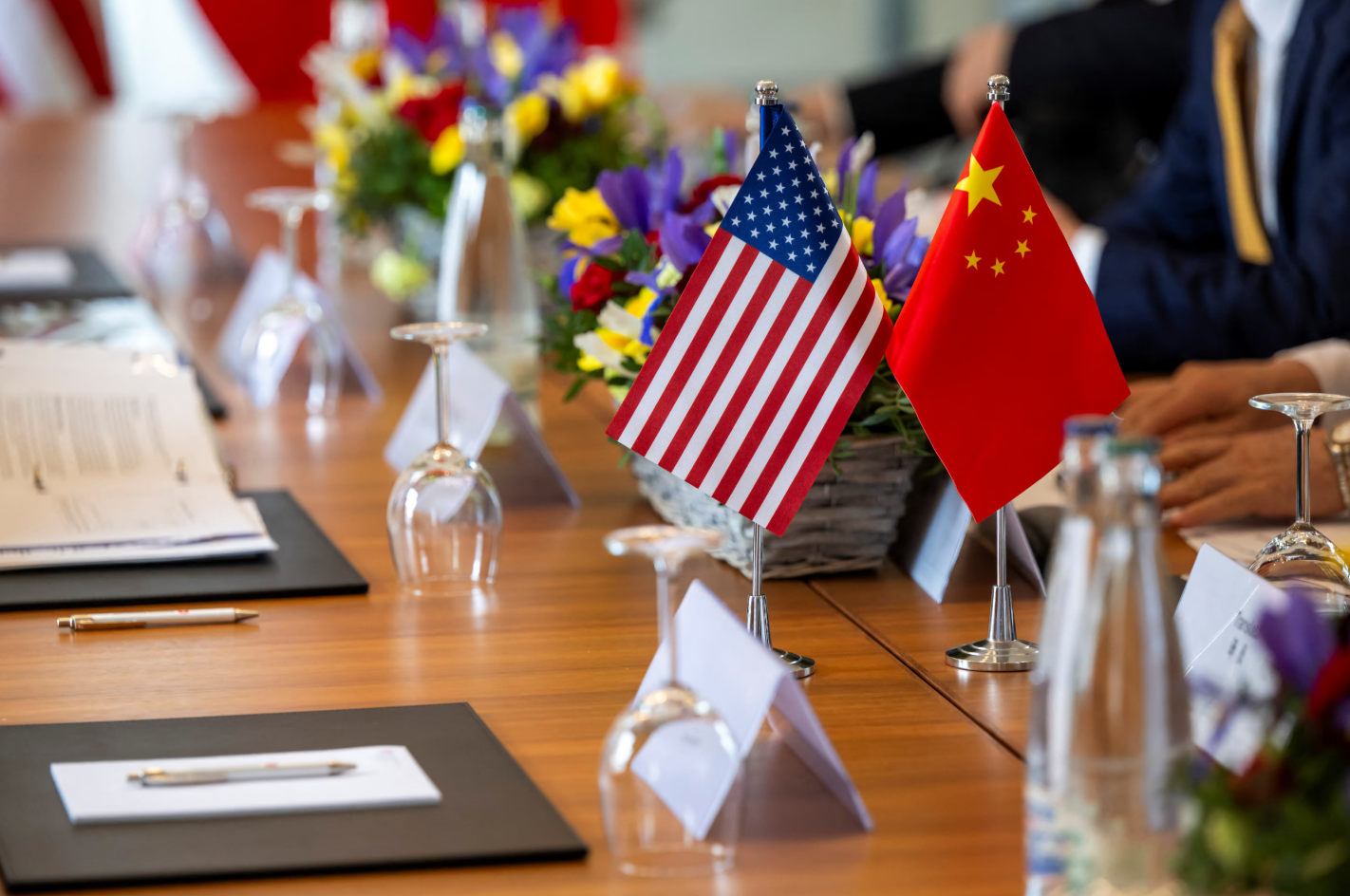
Warwick Powell, Adjunct Professor at Queensland University of Technology
Oct 27, 2025
John Maynard Keynes’ The Economic Consequences of the Peace (1919) remains one of the most prescient critiques of postwar settlement in modern history. In it, Keynes warned that victory can hollow itself out when the victors lose their sense of humility. The punitive reparations imposed upon Germany after World War I, he argued, sowed the seeds for future instability by humiliating and impoverishing a nation that, once stripped of dignity and hope, would not long consent to the order imposed upon it. His insight was both economic as well as moral and political: sustainable peace requires magnanimity, not vengeance; it presupposes an architecture of inclusion, not one of exclusion. In today’s parlance, it rejects blocs aimed at those outside and seeks to ground relations in the idea of indivisible peace.
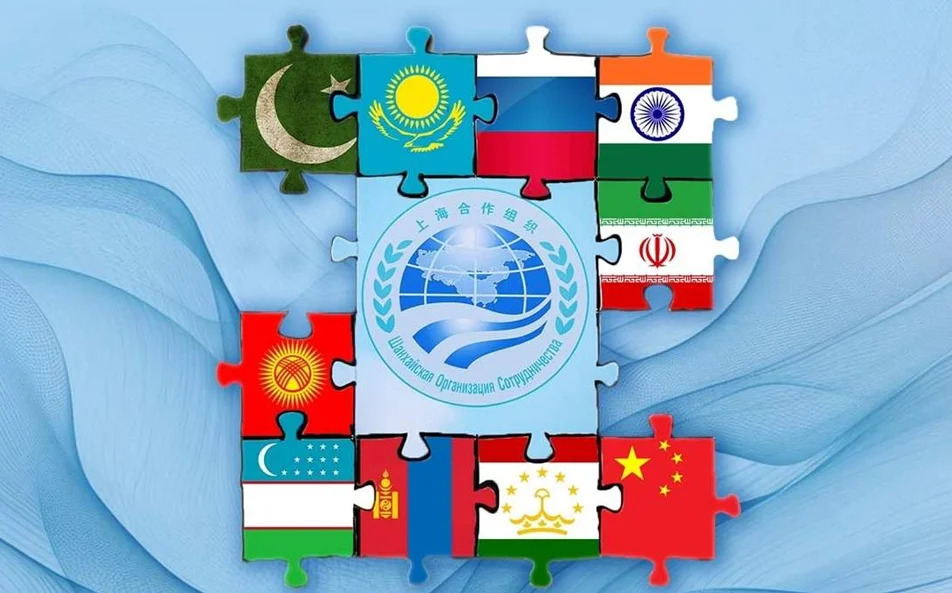
Gu Bin, Associate Professor, Beijing Foreign Studies University
Oct 09, 2025
The new way is not about dismantling anything. It simply rejects American hegemonic thinking and embraces the Oriental wisdom of consultation and co-governance. This approach, which transcends the American model, represents the future.
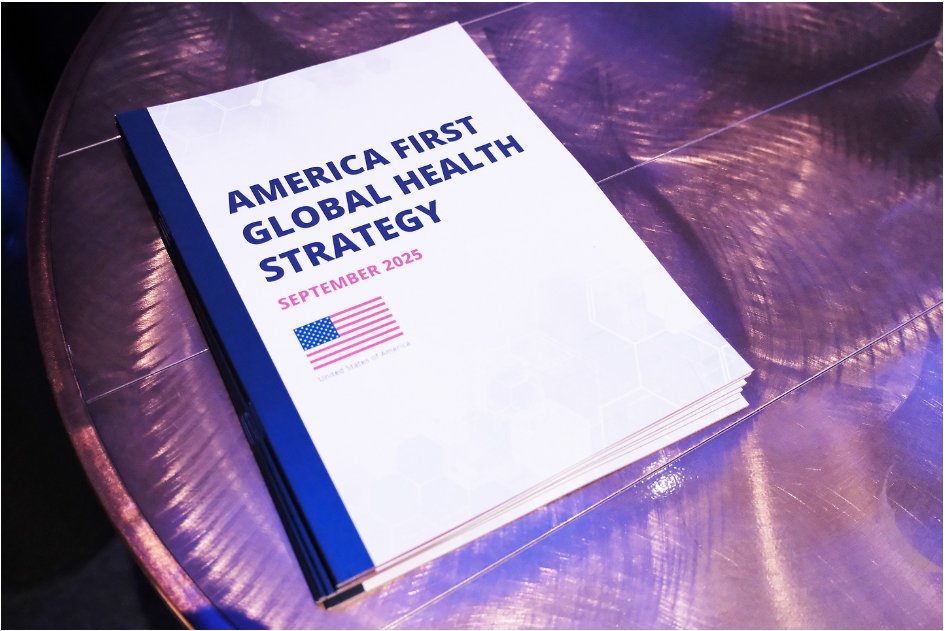
Li Zhuo, PhD Candidate, Peking University
Ren Minghui, Professor at Peking University’s School of Public Health
Oct 03, 2025
The international community looks to the United States to be a champion of partnership, not to reduce global health to a mere tool of geopolitical competition. The choice Washington makes now will echo for generations.
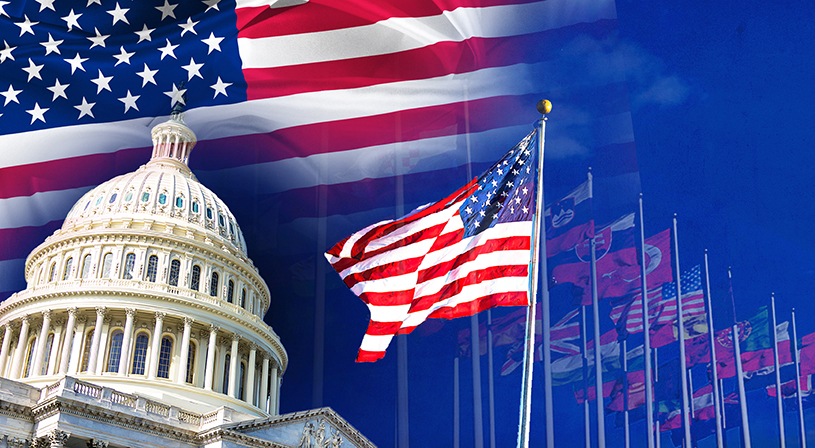
Li Yan, Director of President's Office, China Institutes of Contemporary International Relations
Sep 29, 2025
The United States faces a profound domestic governance crisis compounded by a loss of international credibility. This is undermining policy cohesion and eroding the foundation of America’s long-term strength and global influence.
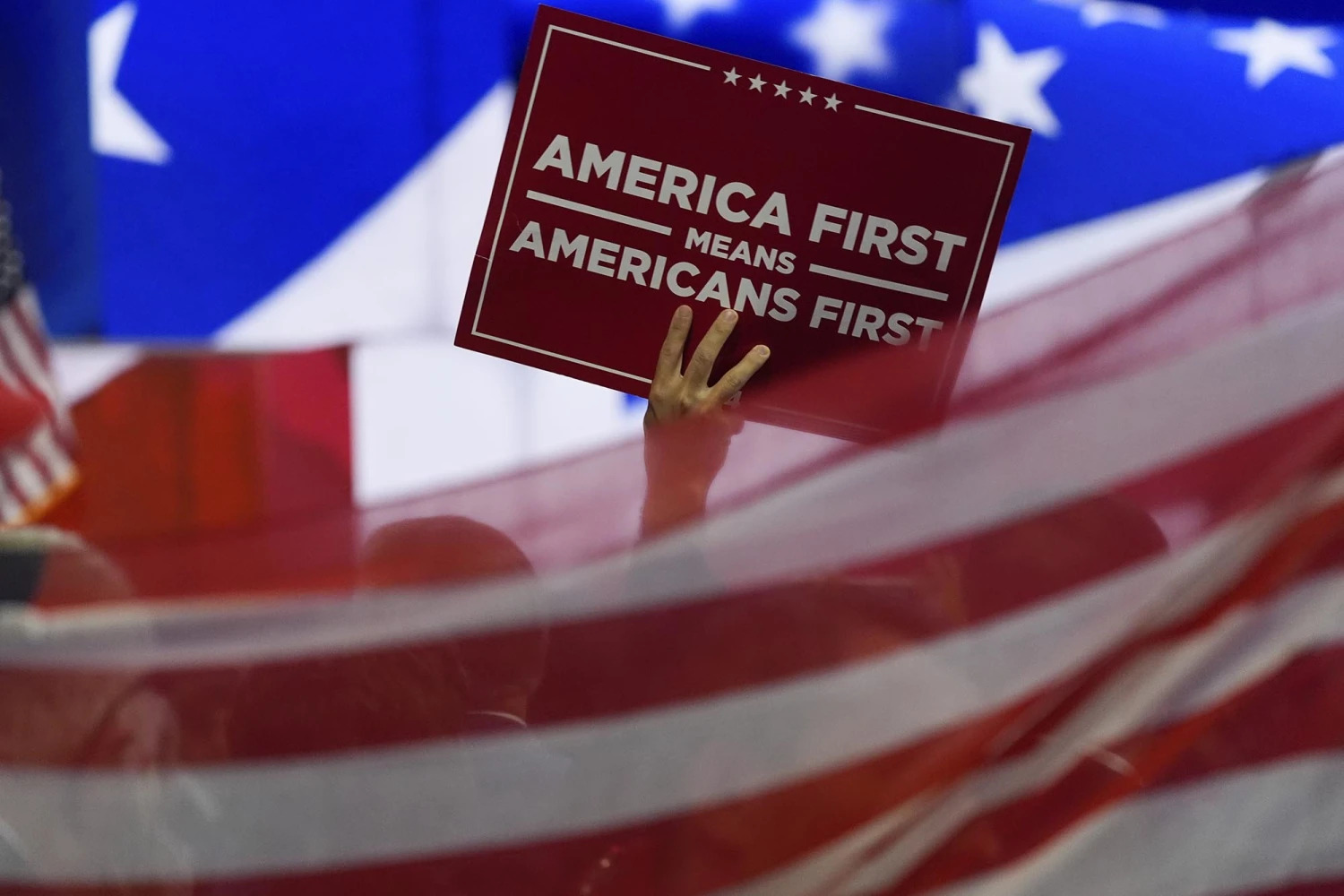
Warwick Powell, Adjunct Professor at Queensland University of Technology
Sep 26, 2025
The United States remains committed to global primacy. That’s been a longstanding ambition that cuts across party lines inside the Beltway. Its security doctrines, diplomatic rhetoric and military posture continue to project the image of an indispensable nation whose umbrella guarantees the survival of allies from Europe to Asia. Yet beneath this facade, a widening gap has emerged between Washington’s strategic ambitions and its material capabilities.
Back to Top

- China-US Focus builds trust and understanding between the U.S. and China through open dialogue among thought leaders.
- Our Offerings
- Topics
- Videos
- Podcasts
- Columnists
- Research Reports
- Focus Digest
- Stay Connected
-
Thanks for signing up!
- Get the latest stories from China-US Focus weekly.